Carnitine vs Creatine – Which Supplement Gets the Gold?
Author:
Unlock your full potential by engaging with our experts and community! Have questions about your fitness journey or looking for expert advice on weightlifting techniques? Don’t hesitate — leave a comment below and Jacek Szymanowski will provide a personalized answer and insights to help you reach your goals.
Torokhtiy is reader-supported. Some links are affiliate links, and we may earn a commission at no extra cost to you. See our disclosure page for details.
When it comes to dietary supplements for athletes, carnitine and creatine are both well-known to be safe and effective. Whether it’s because their names sound similar or because they both offer benefits, it’s easy to get them confused.
We will take a closer look at each supplement, their unique characteristics, and if they should be taken simultaneously.
Carnitine vs creatine – both key players in improving exercise performance. They share some benefits, like helping with energy production, but have clear differences too. Carnitine can be helpful for losing weight without losing muscle; creatine can increase strength. They both have a lot to offer.
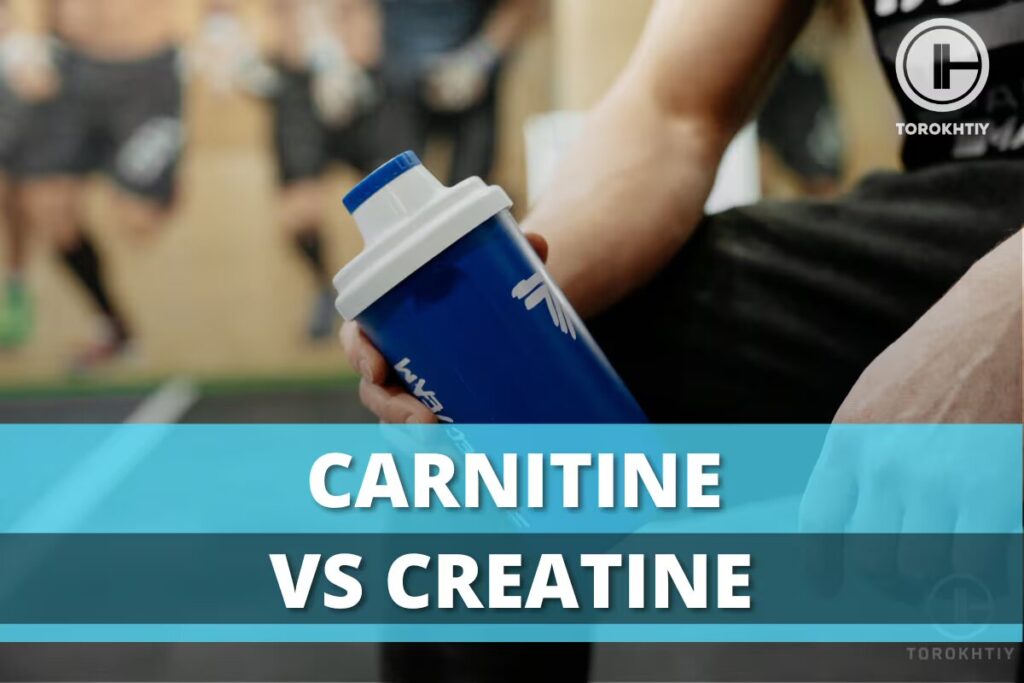
So what is the difference between carnitine and creatine? Carnitine (also referred to as L-carnitine for this article) and creatine are great supplements that you may be currently taking – or may be considering adding to your diet regimen in the future. Let’s dive in and see what each ergogenic aid offers in more detail to find out whether creatine or L-carnitine may be the better supplement for you.
What is Carnitine?
Carnitine is created in the body from the amino acids lysine and methionine. It is a conditionally essential nutrient because the requirements for carnitine, under certain conditions, may exceed an individual’s ability to synthesize this nutrient. It is well-known for its role in energy production.
It is found naturally in food, primarily in animal products like meat and fish. A vegan diet does provide small amounts of carnitine, but very little. A significant amount is also synthesized in the body by the liver, kidneys, and brain. Carnitine is the generic term for several compounds including L-carnitine, acetyl-L-carnitine, and propionyl-L-carnitine and L-carnitine L-tartrate.
Carnitine is an essential cofactor that helps transport long-chain fatty acids, which results in energy in the form of adenosine triphosphate (ATP). It has several benefits. Besides energy production, it helps preserve muscle glycogen, helps transport some toxic compounds out of the mitochondria, and is used to promote weight loss due to its role in fatty acid oxidation, but the last one is a more complex topic – fat burning is not the same as fat loss, second one needs caloric deficit.
Is carnitine the same as creatine? See below for information about creatine.
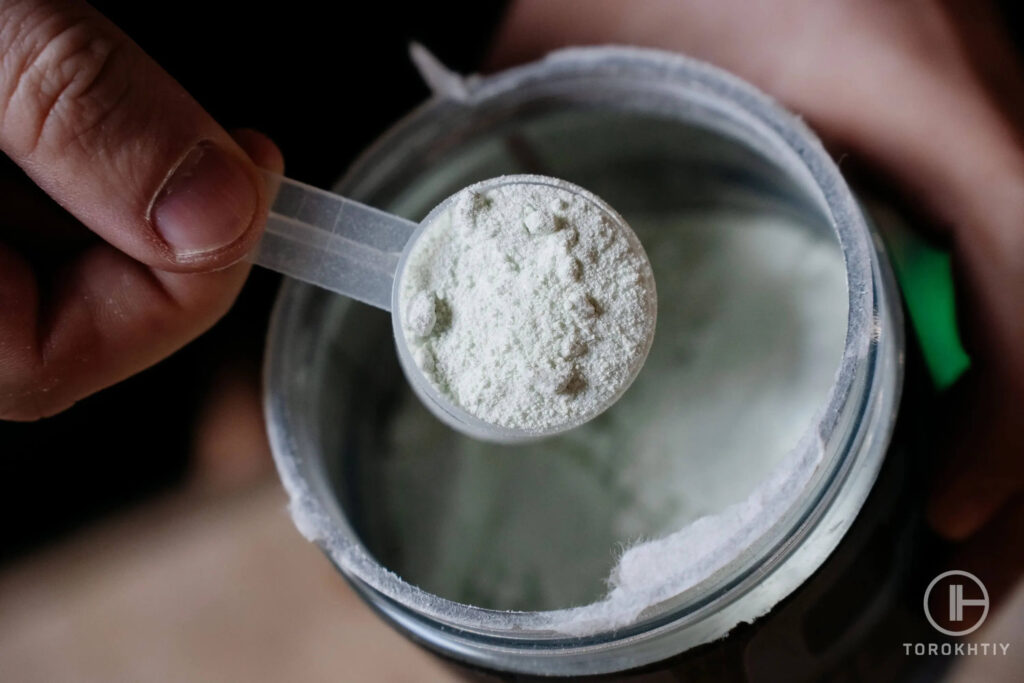
What is Creatine?
Creatine is also a conditionally essential amino acid found mostly in the body’s muscles, as well as in the brain. It is stored in the muscles in the form of phosphocreatine. Phosphocreatine is the primary energy source for high intensity exercise and is helpful for quick movements that require a lot or rapid energy, such as lifting weights, jumping, and sprinting.
Like carnitine, it is found naturally in meat, fish, and other animal sources. Creatine is also synthesized in the body by the liver, pancreas, and kidneys–an amount of about 1-2 g of creatine a day. Since the average healthy person needs about 3 to 5 g a day to fully saturate muscles, a dietary supplement could be a convenient way to get additional creatine, especially for vegetarians. Keep in mind it’s important to take creatine supplements consistently and for as long as you see its benefits.
creatine dosage calculator
Loading Phase:
Maintenance Phase:
Creatine monohydrate supplements are commonly used to increase strength and improve performance. In theory, getting additional creatine from a supplement will increase creatine muscle stores, which then serves as a source of immediate energy when needed. Many athletes take a creatine supplement to help reduce fatigue, improve recovery and enhance performance.
Studies have consistently shown creatine supplements have resulted in increased lean muscle mass and exercise ability when used with short-duration, high-intensity exercise. In addition to strength gains, research has shown that creatine supplements may provide additional benefits including enhanced post-exercise recovery, injury prevention, and rehabilitation.
Carnitine vs. Creatine Comparison Chart
| Characteristics | Carnitine (Tartrate) | Creatine (Monohydrate) |
|---|---|---|
| Nutrient type | Conditionally essential nutrient, amino acid derivative | Conditionally essential nutrient, amino acid derivative |
| Where stored (in the body) | Heart & skeletal muscle | Muscles & brain |
| Primary role | Helps with energy production from fat (transport) | Helps with energy production from P-Cr (fuel) |
| Benefit 1 | Helps with recovery | Enhances performance |
| Benefit 2 | Promotes weight loss | Helps with recovery |
| Benefit 3 | Can reduce muscle soreness | Can reduce risk of injuries |
| Amount recommended | No specific dose: varies from 500mg to 3000mg/day | Loading phase: 20g/day for up to 7 days, then 3–5 g/day, or just 3-5g/day (take consistently and for as long as you feel its benefits) |
| Possible side effects | When higher dose consumed can cause nausea, vomiting, abdominal cramps, diarrhea, and fishy body odor Interactions with some medications | Weight gain due to water retention (although it’s not a bad thing), GI discomfort |
Nutrient Type / Storage Form
Carnitine is a conditionally essential nutrient that is stored primarily in heart and skeletal muscle. Conditionally essential means that the typical amount produced by the body is sufficient to meet its physiological requirement. L-carnitine L-tartrate is the most bioavailable form of carnitine that helps with absorption and taste (free carnitine tastes awful and isn’t really bioavailable).
Creatine is also considered a conditionally essential nutrient. The majority is stored in the muscles and a small amount in the brain.
1. Primary Role
Carnitine has a role in energy production by facilitating (helps with transport) the energy production from fat. It is concentrated in tissues that are later oxidized as dietary fuel.
Creatine is a fuel in the form of phosphocreatine (PCr) known for its ability to increase energy production in short, intense movements like powerlifting, jumping, and sprinting.
2. The Energy Pathways
To understand better where we get energy to exercise (or any physical activity), here’s a short lesson on energy production. In a simplified nutshell 🙂 there are 3 energy pathways in the human body: oxidative phosphorylation (burns fat) – need oxygen, glycolytic system (uses glycogen) does not need oxygen, and the phosphagen system (uses PCr) does not need oxygen.
Carnitine affects oxidative phosphorylation, an aerobic process, which is super important during recovery and low intensity exercise.
Creatine fuels the phosphagen system, an anaerobic process, which results in rapid ATP production. It is crucial for high intensity activity.
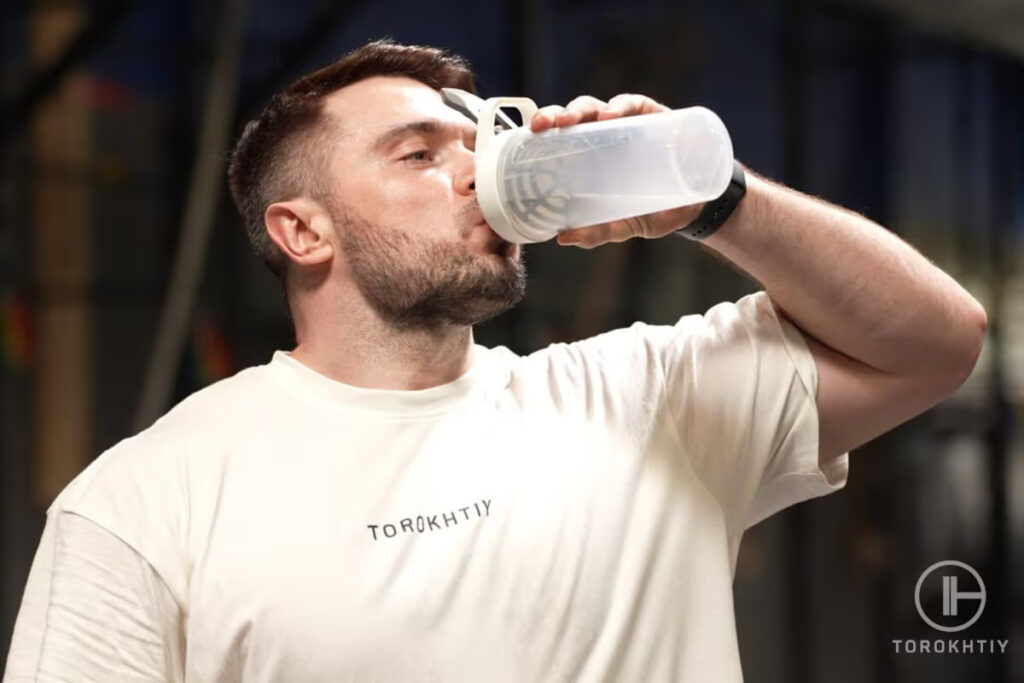
3. Benefits
Carnitine has several benefits, including supplying energy from fat stores, promoting weight loss due to its role in fatty acid oxidation, and seems to help sparing amino acid use during exercise.
Creatine also has significant benefits. It is well-known for increasing the ability to perform explosive movements, enhance strength performance, and help delay fatigue and enhance recovery following exercise.
Carnitine vs Creatine: Summary
Pros & Cons of Carnitine
Pros: Carnitine has a critical role in energy production, transports some toxic compounds out of the mitochondria, helps preserve muscle glycogen, and promotes weight loss due to being a cofactor in fatty acid oxidation. It also seems to spare the use of amino acids as energy sources during exercise, making them potentially available for new protein synthesis. Carnitine may also help the body use insulin more effectively.
Cons: Interacts with some antibiotics and some anticonvulsants (check with your doctor or pharmacist for details), in amounts of 3 g or more a day. Carnitine supplements can cause nausea, vomiting, abdominal cramps, diarrhea, a fishy body odor, as well as a few other health risks, including an increased risk of CVD (especially in vegans or vegetarians).
Pros & Cons of Creatine
Pros: Creatine is used to increase strength performance, increase lean muscle, increase exercise capacity, help with post-exercise recovery, and injury prevention. It can be taken long-term with no time limit, and is completely safe.
Cons: It can cause weight gain in the form of water weight (although this can be a pro for some athletes, and that water retention is actually not a bad thing – it is mostly intracellular).
Carnitine vs Creatine: When to Use Each
L-Carnitine Amino Acid is a great product we highly recommend. It is pure L-carnitine in tablet form. It is naturally occurring and is suitable for vegans and vegetarians.
The serving size is 2 tablets, which contains 1 g of L-carnitine. It should be taken with meals or just after meals to minimize your chance of gastrointestinal side effects.
Creatine HMB is an excellent product by Transparent Labs. It comes as creatine monohydrate, which is the form most studied and proven to be the most effective. It also contains vitamin D and hydroxymethylbutyrate (HMB), an organic acid derived from the metabolism of leucine.
HMB is known to possibly increase protein synthesis and support muscle retention during weight loss but the data on that one is really inconclusive and in my opinion does not really justify HMB use. It is free of any artificial sweeteners, colors, and dyes.
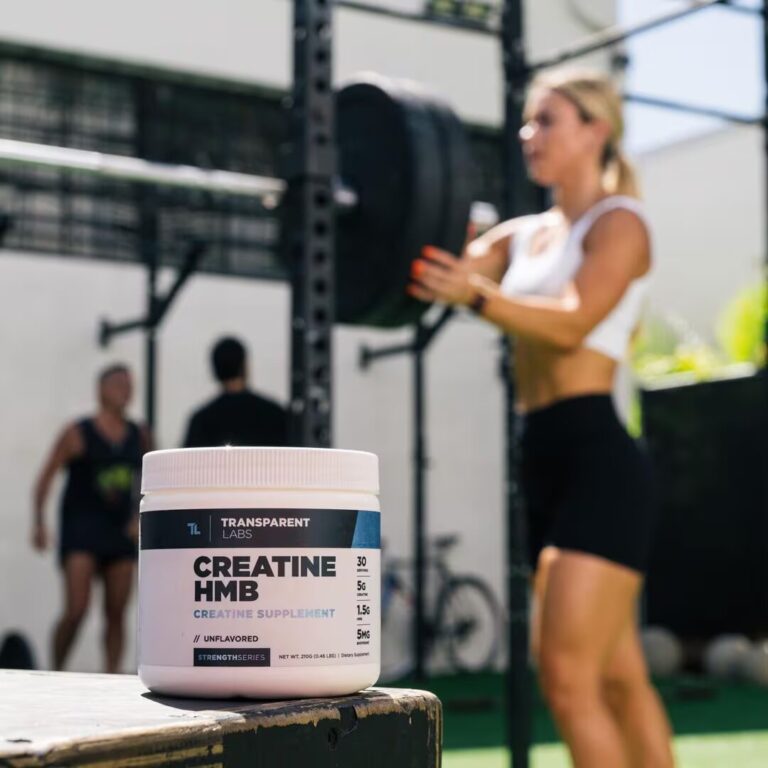
To take this product, mix one 1 level scoop with 10-12 ounces of cold water (or any beverage of choice) 30 minutes after your workout. On non-workout days, take 1 scoop in the morning for recovery. Creatine HMB can be taken with food.
FAQ
Which is Better: Carnitine or Creatine?
Creatine vs carnitine? So, which supplement appeals to you so far? Carnitine and creatine each have different mechanisms to help boost your workout outcomes. Is L-carnitine or creatine the winner? Carnitine is known to provide extra energy and promote fat oxidation. Creatine can enhance strength and power and may slightly increase muscle growth.
They both affect energy production, help delay the onset of fatigue, and promote faster recovery after a workout. They both sound good, don’t they? Do we have to pick just one?
Should Creatine and Carnitine Be Taken Together?
Can you take creatine and L-carnitine together? Great question! Research has shown that L-carnitine with creatine is not only safe, but it can also be beneficial.
In one significant study, this powerful combination (along with leucine) significantly improved the composite score, which reflects muscle mass (probably because of leucine 🙂) and strength, compared to the placebo. The study result indicated it’s most likely because of new protein synthesis and the activation of the mTOR pathway (a driver for increased muscle mass).
Does Carnitine Build Muscle?
Directly – no. Indirectly – possible. The fact that it helps with recovery and can increase androgen receptor density in cells, and help burn fat stores is what makes this possible. Also, since carnitine possibly spares using amino acids as an energy source during exercise, they are potentially available for protein synthesis instead. Additional research needs to be done on carnitine to know more.
Conclusion
In summary, you should have the information you need to determine whether L-carnitine or creatine comes in first place. Because they each offer different, yet great benefits, they tie! Which one will you choose? Or maybe you want to take them both! It’s up to you and your specific exercise goals.
We want to know your thoughts in regards to carnitine vs creatine. What have you found the best results with? Carnitine, creatine, or both? Or which one do you plan to start taking now? Share your questions or comments below.
Also read:
- Best Form of Creatine
- How Many Grams of Creatine Hcl a Day
- What Does Creatine Taste Like
- How Many Days of Creatine Can You Miss
- How to Stop Stomach Pain From Creatine
- Does Creatine Make You Stronger or Just Bigger
- Creatine vs Whey Protein
- Creatine vs Beta Alanine
- Does Creatine Make You Bloated
References:
- “Carnitine: Fact Sheet for Health Professionals”, https://ods.od.nih.gov/factsheets/Carnitine-HealthProfessional/
- “Creatine Supplements: The Basics”, https://www.opss.org/article/creatine-supplements-basics
- “Creatine in Health and Disease”, https://www.ncbi.nlm.nih.gov/pmc/articles/PMC7910963/
- “Creatine Supplementation: An Update”, https://pubmed.ncbi.nlm.nih.gov/34234088/
- “Dietary Supplements for Exercise and Athletic Performance”, https://ods.od.nih.gov/factsheets/ExerciseAndAthleticPerformance-HealthProfessional/
- “Efficacy of a novel formulation of L-Carnitine, creatine, and leucine on lean body mass and functional muscle strength in healthy older adults: a randomized, double-blind placebo-controlled study”, https://nutritionandmetabolism.biomedcentral.com/articles/10.1186/s12986-016-0158-y
- “Dietary Supplements for Exercise and Athletic Performance”, https://ods.od.nih.gov/factsheets/ExerciseAndAthleticPerformance-HealthProfessional/
- Photos made by Torokhtiy Media Team
Why Trust Us?
With over 20 years in Olympic weightlifting, strength training, nutrition coaching, and general fitness our team does its best to provide the audience with ultimate support and meet the needs and requirements of advanced athletes and professional lifters, as well as people who strive to open new opportunities and develop their physical capabilities with us.
By trusting the recommendations of our certified experts in coaching, nutrition, and sports training programming, as well as scientific consultants, and physiotherapists, we provide you with thorough, well-considered, and scientifically proven content. All the information given in the articles concerning workout programming, separate exercises, and athletic performance, in general, is based on verified data.
The product testing process is described in more detail here.
Author: Jacek Szymanowski
Certified Nutritionist,
M.Sc.Eng. Biotechnology
Performance Architect,
Strength and Conditioning Specialist
With over 30 years of fighting experience, specialization in nutrition coaching for athletes, and expertise in metabolic health and dietary strategies, Jacek offers a comprehensive approach to optimizing your performance and well-being. Backed by a Master of Science degree in Biotechnology, Jacek remains at the forefront of scientific advancements, ensuring that his coaching is always evidence-based and up-to-date.



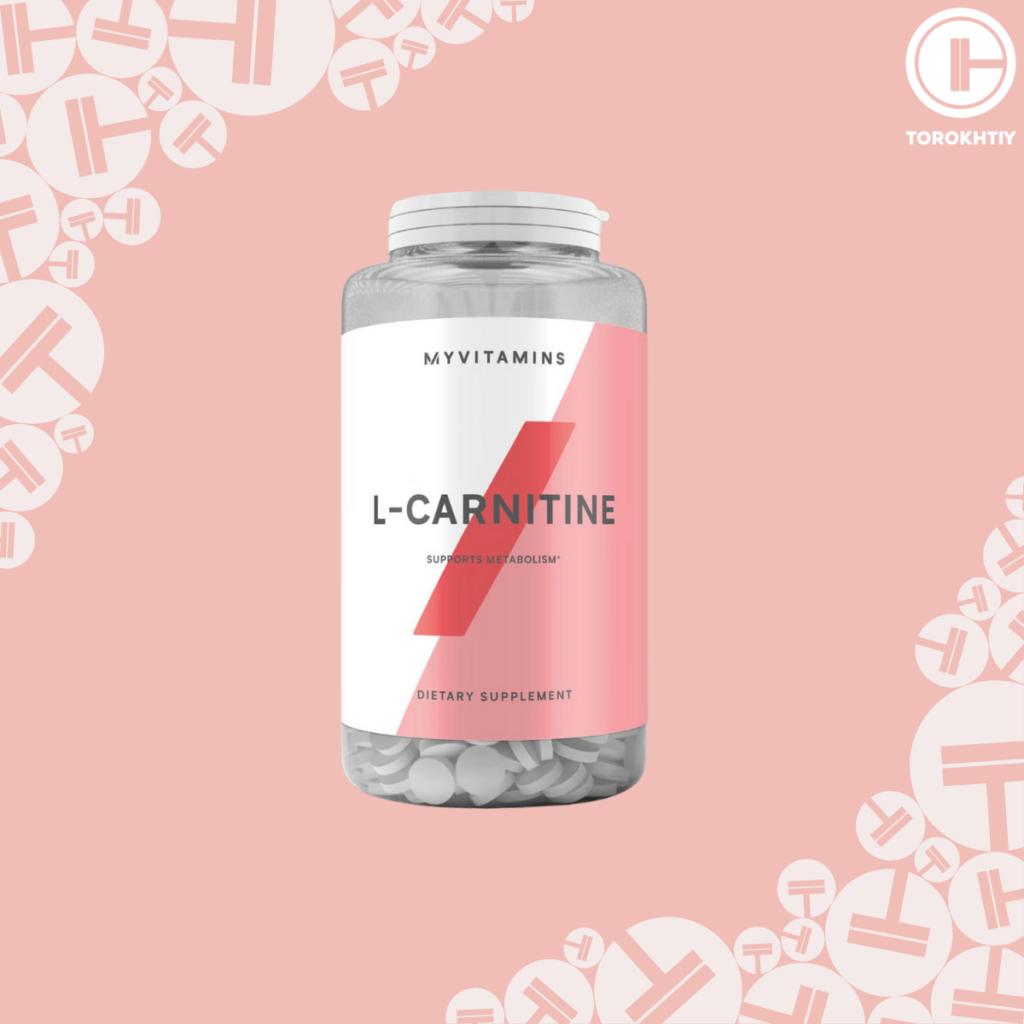
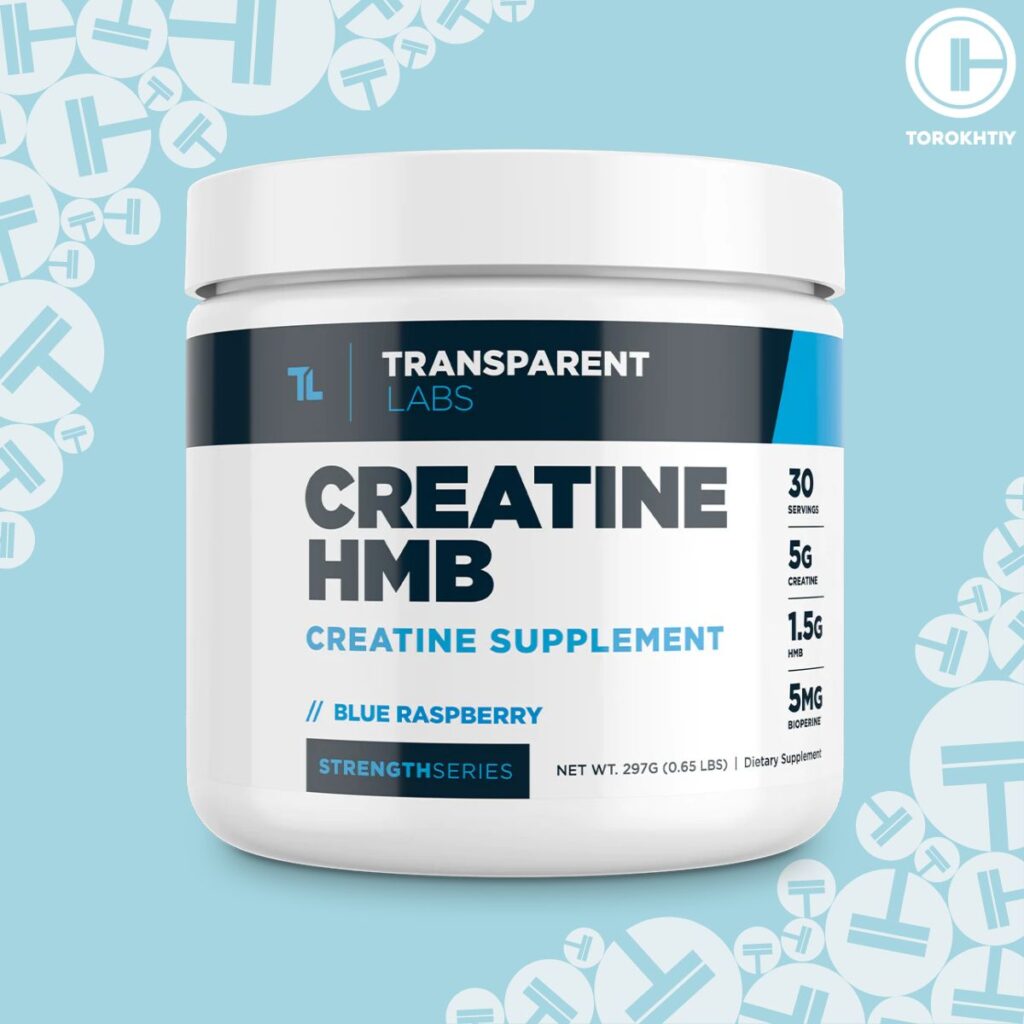
Still have questions after reading our article? Unlock your full potential by engaging with our experts and community! Don’t hesitate — leave a comment below and Jacek Szymanowski will provide a personalized answer and insights to help you reach your goals.